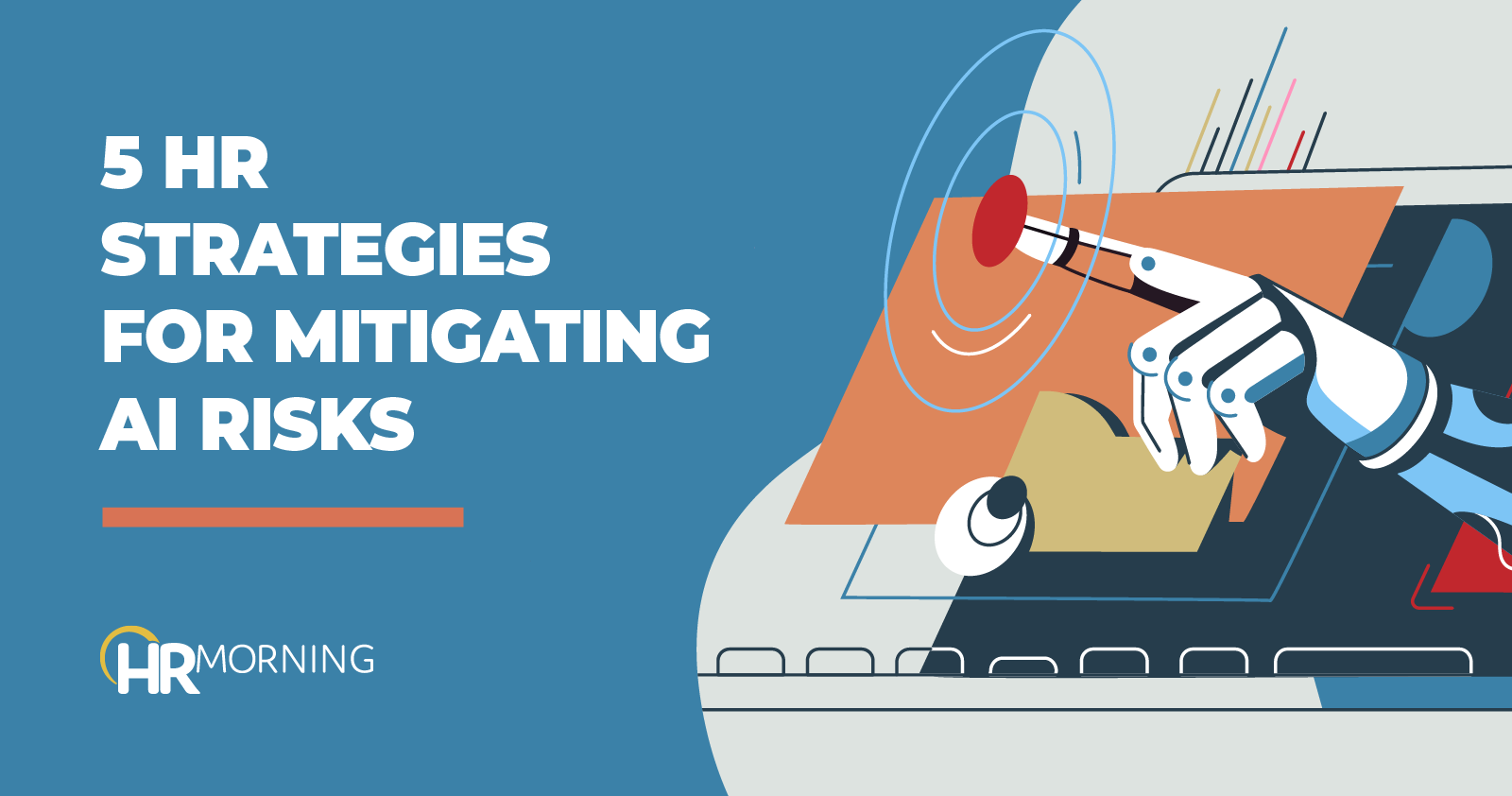The digital landscape is evolving at a breakneck pace, with artificial intelligence (AI) poised to revolutionize various aspects of work. From automating routine tasks to streamlining recruitment and performance management, AI’s potential to enhance efficiency and productivity within HR departments is exciting. But a new report on AI risks is giving business leaders pause.
An assessment commissioned by the U.S. State Department and published by Gladstone AI has raised concerns about potential AI risks associated with safety and national security. Part of what shaped the report’s findings was conversations with employees at AI labs like OpenAI, Google DeepMind, Meta and Anthropic. Many indicated that safety and cybersecurity are being treated like afterthoughts as the technology continues to develop. The report went as far as mentioning the chilling possibility of an “extinction-level threat” emerging from uncontrolled and weaponized AI.
While that might sound like the plot of a dystopian novel, it underscores how critical it is to take proactive measures when using AI technology.
AI risks specific to HR
AI-powered HR systems rely on vast amounts of employee data. If that data isn’t properly secured and private data gets breached by a cybercriminal, it can lead to major headaches including lawsuits.
And as one recent court case demonstrated, AI risks include potential algorithm bias in the recruiting process, which could lead to unwanted complaints of discrimination and unfair hiring practices.
Overreliance on AI for carrying out HR functions could lead to employee disengagement if they perceive a lack of the human element in employee relations.
While these AI risks might seem daunting, there are ways savvy HR pros like you can navigate the evolving landscape of AI and ensure responsible implementation within your organization.
Tackling AI risks at your company
Become an AI literacy champion. Ignorance is not bliss when it comes to AI. The first step is to educate your team about AI risks, as well as the potential benefits that can transform the workplace for the better. The Partnership on AI offers resources to understand different types of AI, their applications in HR and potential ethical considerations. Consider collaborating with IT to develop a comprehensive understanding of AI systems being implemented within your company. Also, be transparent with employees about how AI impacts their work experience.
Reimagine your recruitment strategy. AI-powered talent acquisition tools promise faster screening and more efficient candidate matching. However, it’s crucial to review the data sets used to train AI recruitment tools and assess their fairness. Conduct regular audits to identify and mitigate biases that could disproportionately disadvantage certain groups of candidates. You’ll probably need help from IT and/or the software vendor.
Human-centered performance management. Performance management is another area where AI is making inroads. AI-powered tools can analyze data to identify performance trends and suggest areas for improvement. However, it’s important to keep in mind that relying solely on AI metrics for performance evaluation can create an impersonal and potentially biased review. Constructive performance management conversations with employees still demand human judgment and context, and AI insights should only be used as a reference point.
Develop internal controls for secure AI use. It’s paramount to have an internal policy that outlines your organization’s approach to AI within the HR department. The policy should address issues such as data security, privacy, algorithmic fairness and human oversight. Clearly define the roles and responsibilities of your HR team members in relation to AI systems to avoid confusion and potential misuse.
Advocate for responsible AI development. HR could take the lead in collaborating with other departments to ensure ethical AI implementation across the company. Partnering with other organizations that promote responsible AI practices is another option to consider.
By taking these steps, HR can play a vital role in mitigating AI risks. Remember, human oversight is the key to ensuring the benefits outweigh the risks.


